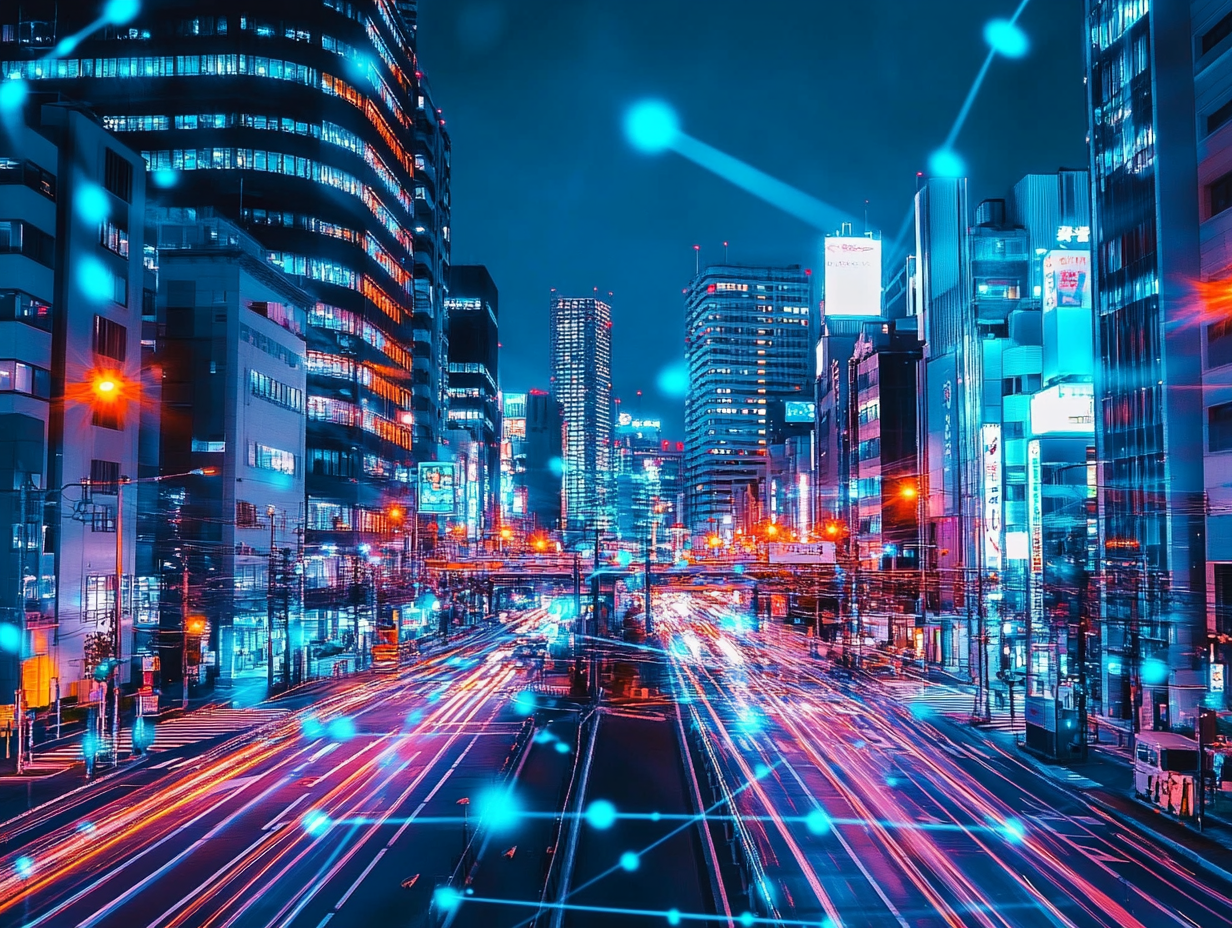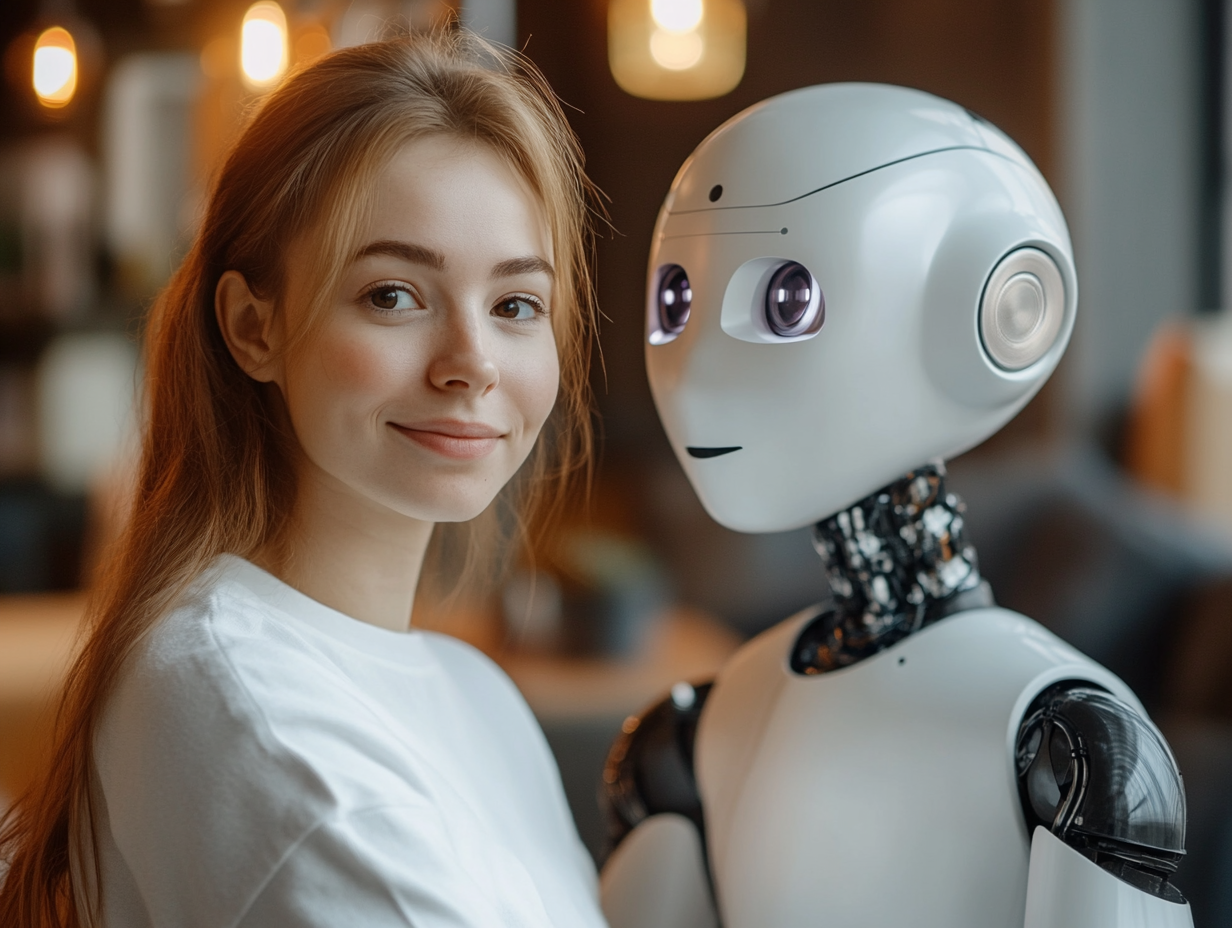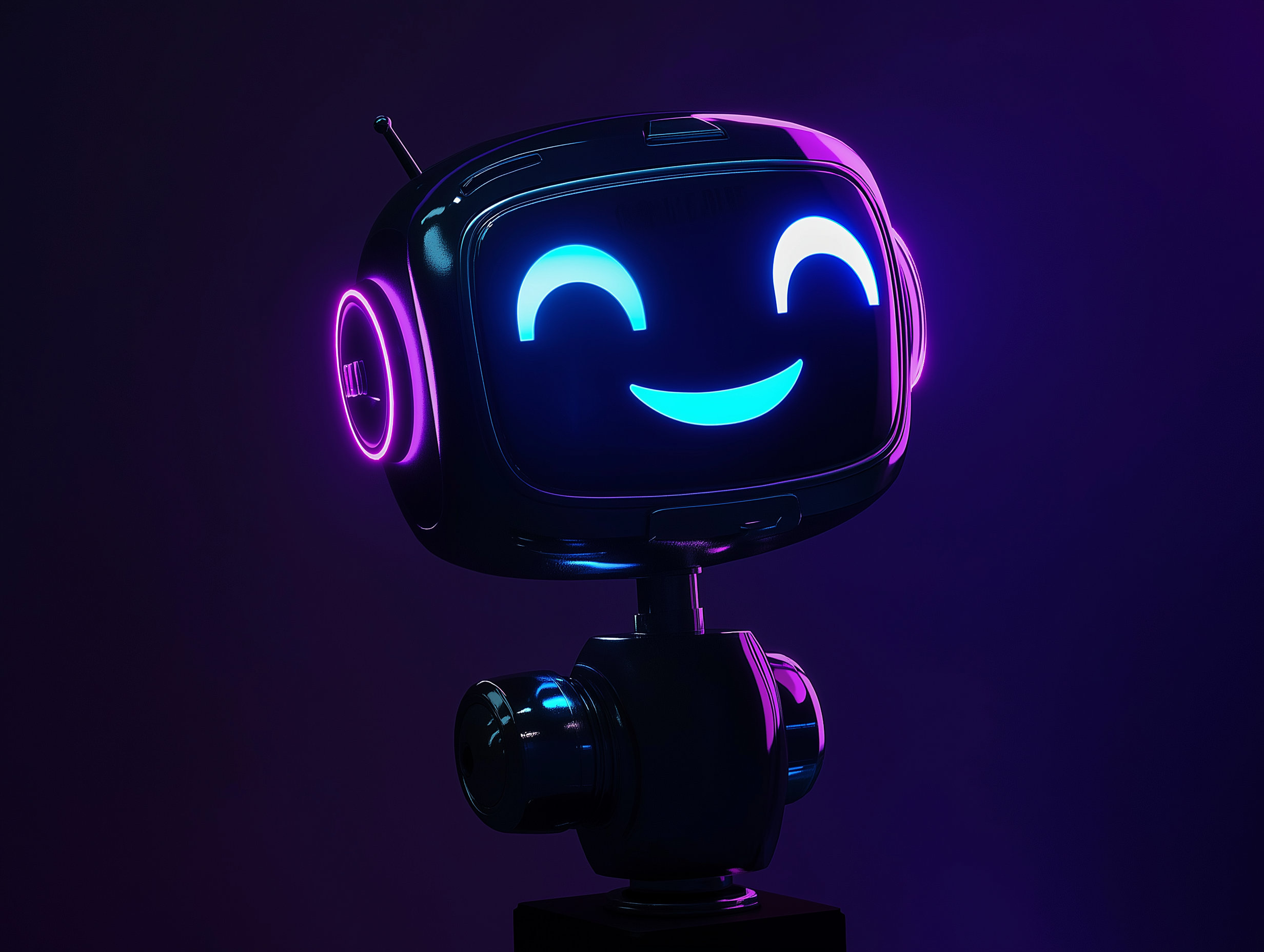AI has evolved beyond simple automation. Today, AI agents—intelligent, autonomous systems that can analyze data, make decisions, and execute tasks—are becoming indispensable for businesses. Whether it’s optimizing supply chains, enhancing customer interactions, or improving financial forecasting, AI agents are driving measurable ROI.
As an industry leader in AI agent development, Zevens AI is at the forefront of this transformation. In this article, we explore the most significant AI trends shaping the future of business, equipping decision-makers with insights to stay ahead in an increasingly competitive landscape.

- The Rise of Autonomous AI Agents
Traditional AI systems require continuous human oversight. However, autonomous AI agents are now capable of self-learning and adaptation. These advanced systems can:
- Automate complex workflows without human intervention.
- Analyze vast datasets in real time, detecting patterns and anomalies.
- Make intelligent decisions based on context, reducing human error.
Real-World Example
Consider AI-powered customer service chatbots that go beyond scripted responses. Advanced AI agents now leverage reinforcement learning to adapt to customer queries dynamically, improving satisfaction and reducing operational costs.
Industry Impact: Businesses integrating autonomous AI agents can achieve up to a 40% increase in operational efficiency while lowering costs (source: McKinsey).
- Multi-Agent AI Systems for Scalability
Instead of relying on a single AI system, businesses are turning to multi-agent AI ecosystems. These systems involve multiple AI agents working collaboratively, each specializing in different tasks.
For instance, in e-commerce, one AI agent might handle inventory management, while another manages customer personalization. This distributed intelligence enhances scalability, accuracy, and resilience in decision-making.
Case Study: AI in Financial Services
A leading fintech company leveraged multi-agent AI to automate fraud detection. One AI agent flagged suspicious transactions, while another conducted real-time risk assessments. The result? A 30% reduction in fraudulent activity and improved compliance.
- AI Agents and Natural Language Processing (NLP)
Natural Language Processing (NLP) has revolutionized AI-human interaction. Next-gen AI agents can now:
- Understand nuanced language with high accuracy.
- Generate human-like responses in real-time.
- Extract critical business insights from unstructured text (emails, reports, social media).
Practical Application: AI-Powered Market Research
Businesses can deploy AI agents that analyze customer sentiment across social media, reviews, and surveys, offering actionable insights. Companies using NLP-powered AI agents report 20-30% improved customer engagement due to real-time feedback analysis.
- AI Agents in Decision Intelligence
AI is no longer just about automation; it’s about augmenting decision-making. AI-powered decision intelligence enables businesses to:
- Predict market trends and adjust strategies proactively.
- Optimize pricing models based on real-time data.
- Streamline resource allocation for higher efficiency.
Example: AI in Supply Chain Management
Retail giants leverage AI-powered decision intelligence to predict demand fluctuations and adjust inventory in real-time, reducing waste and improving profitability. Research suggests businesses using AI-driven decision-making can improve their forecasting accuracy by up to 50% (Deloitte).
- The Convergence of AI Agents and IoT
The Internet of Things (IoT) generates massive data streams. AI agents process this data in real time, enabling predictive maintenance, smart logistics, and enhanced operational oversight.
Key Benefits of AI + IoT Integration:
- Predictive maintenance reduces equipment downtime.
- Smart warehouses automate inventory management.
- Energy-efficient buildings adjust lighting and climate control dynamically.
Industry Example: AI in Manufacturing
A global automobile manufacturer integrated AI agents with IoT to monitor machinery performance. Predictive analytics reduced downtime by 30%, resulting in millions in annual cost savings.
- AI Ethics and Responsible AI Development
As AI agents become more autonomous, ethical considerations gain importance. Companies must address:
- Bias in AI models to ensure fairness.
- Data privacy and regulatory compliance.
- Transparency in AI decision-making.
Zevens AI prioritizes responsible AI development, ensuring that its AI solutions align with ethical guidelines and regulatory requirements. Businesses that adopt trustworthy AI frameworks will have a competitive advantage in an increasingly regulated environment.

The Time to Invest in AI Agents Is Now
AI agents are no longer futuristic—they are transforming business today. From autonomous AI workflows to multi-agent collaboration, companies that embrace these innovations will lead their industries.
At Zevens AI, we specialize in AI agent solutions designed to drive efficiency, profitability, and growth. Whether you’re looking to streamline operations or gain a strategic edge, our cutting-edge AI solutions are tailored to your needs.
🔹 Ready to future-proof your business? Contact Zevens AI today to explore how AI agents can revolutionize your operations.






